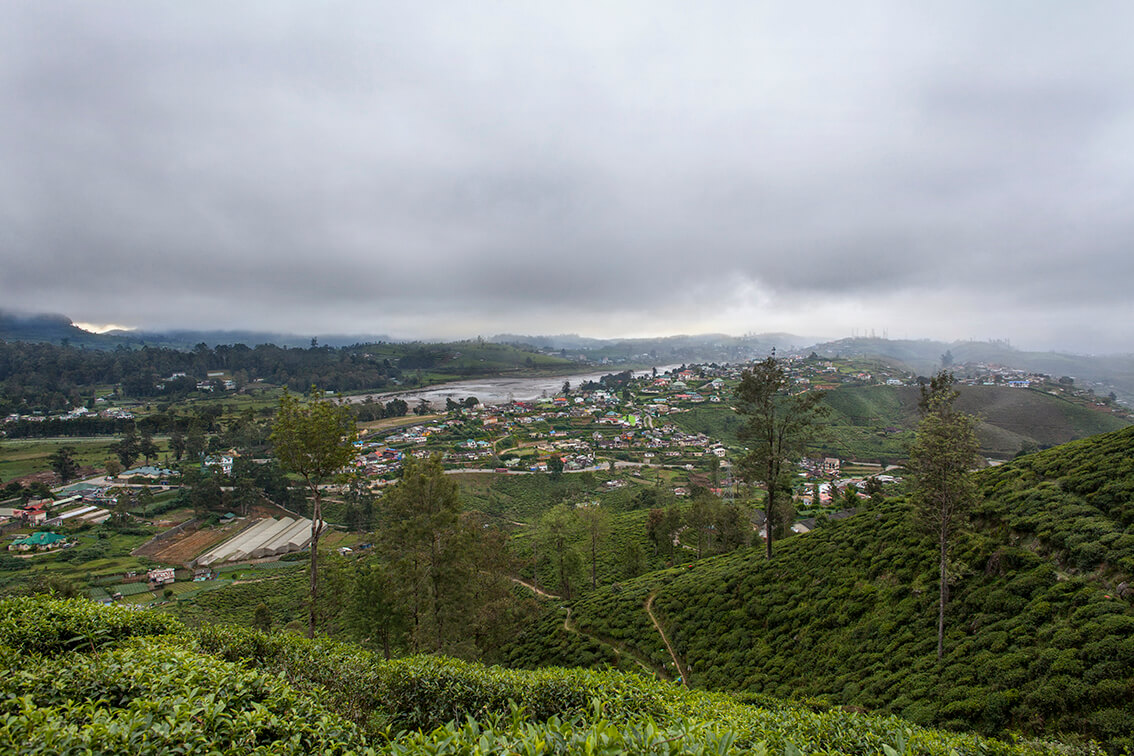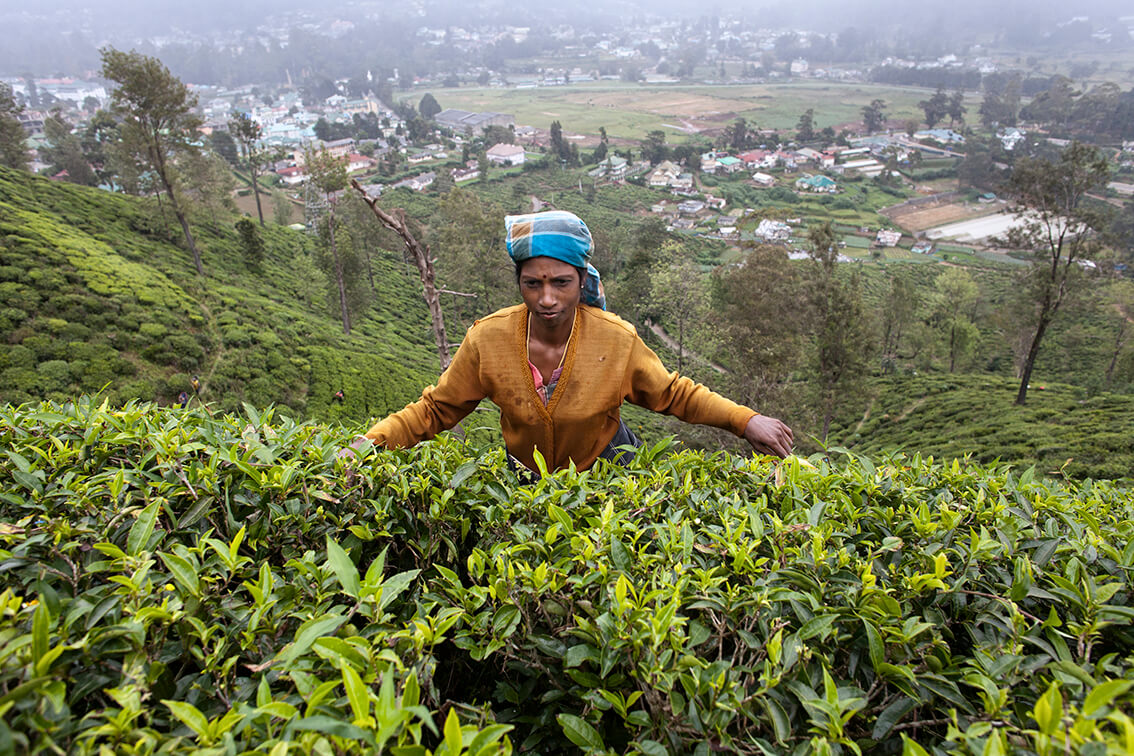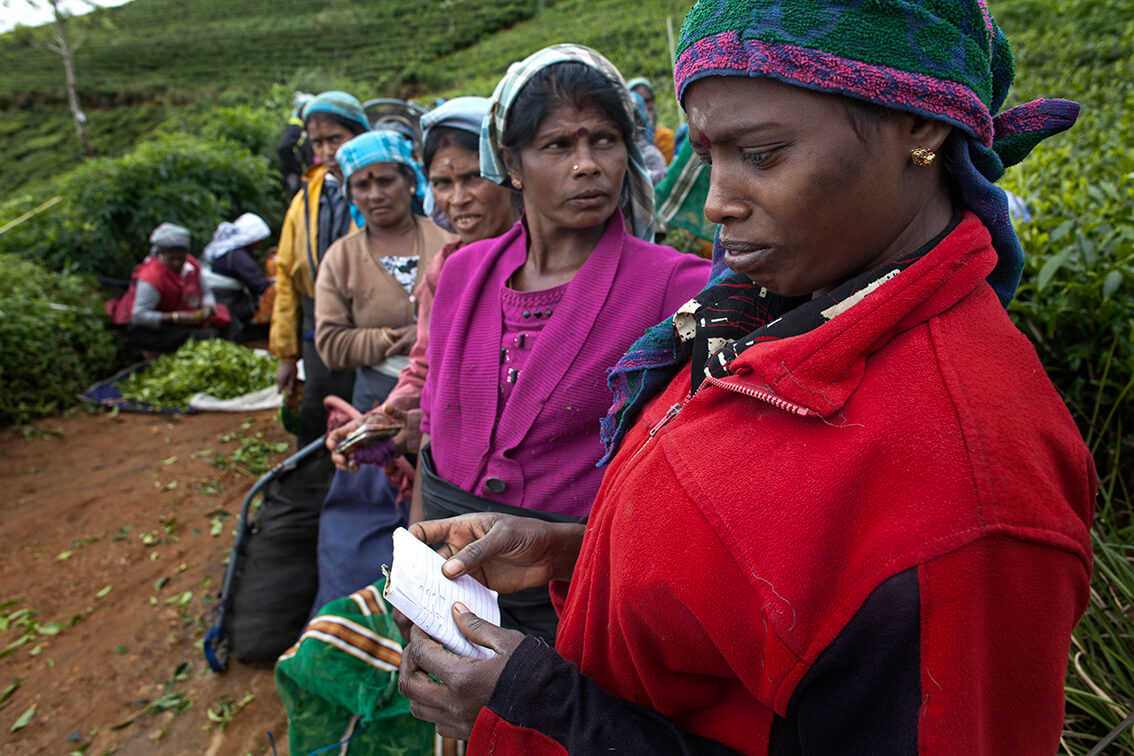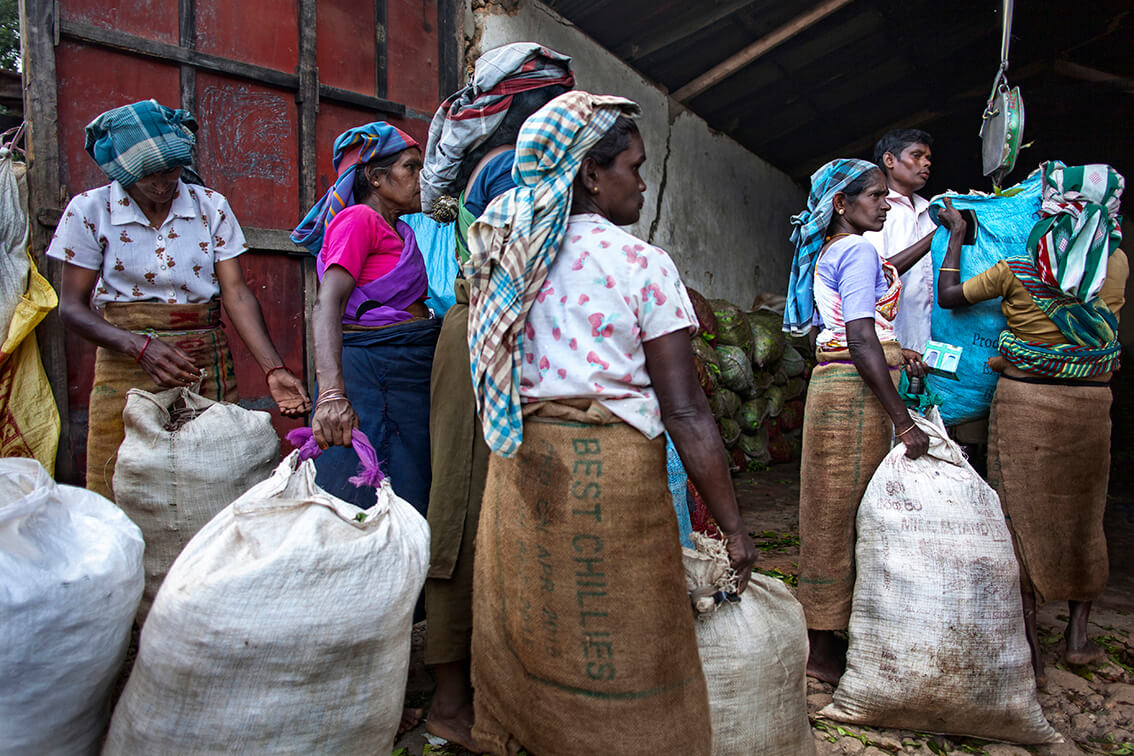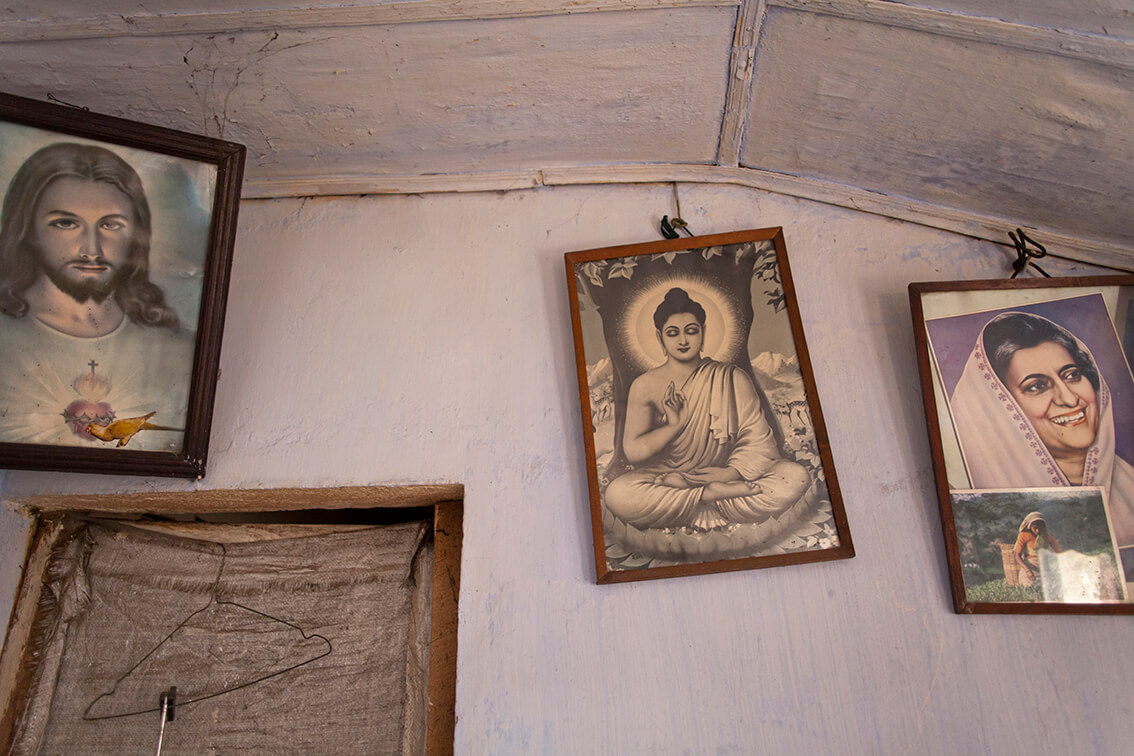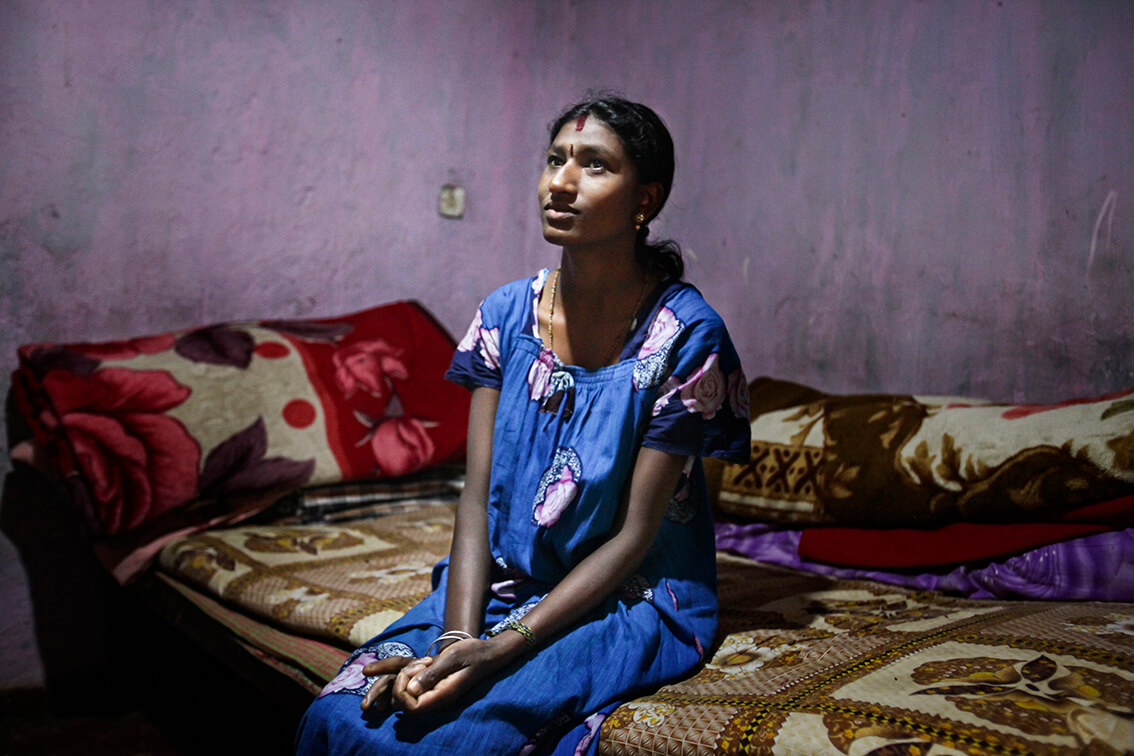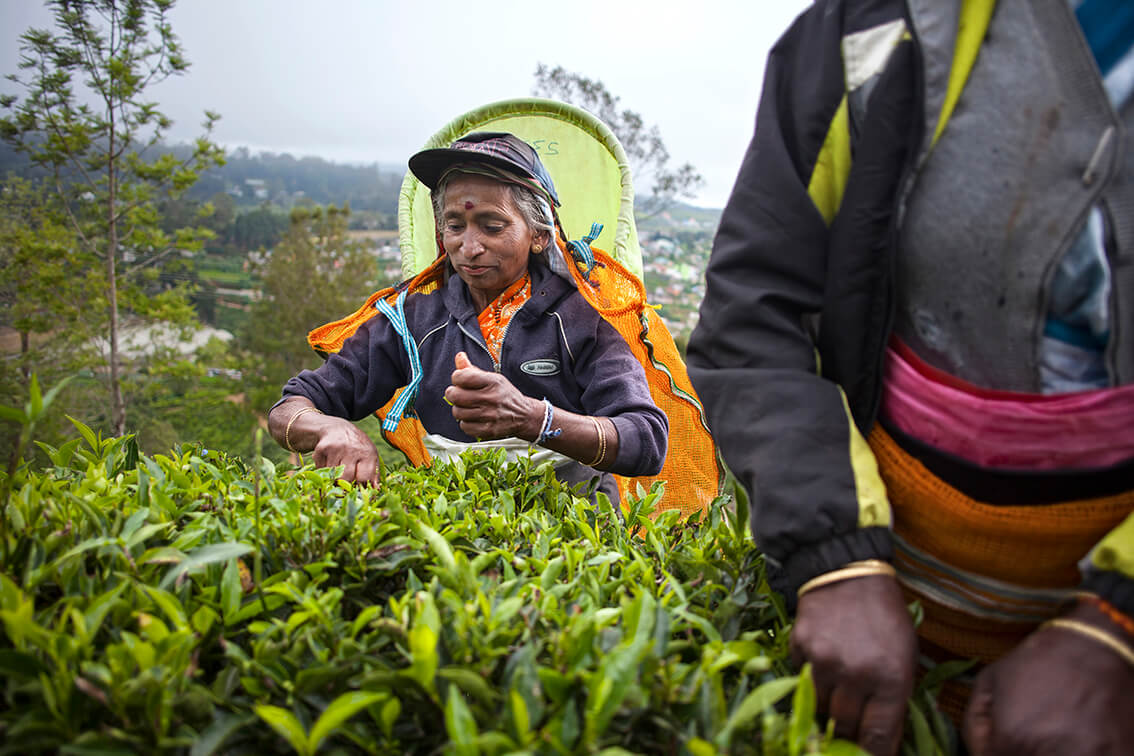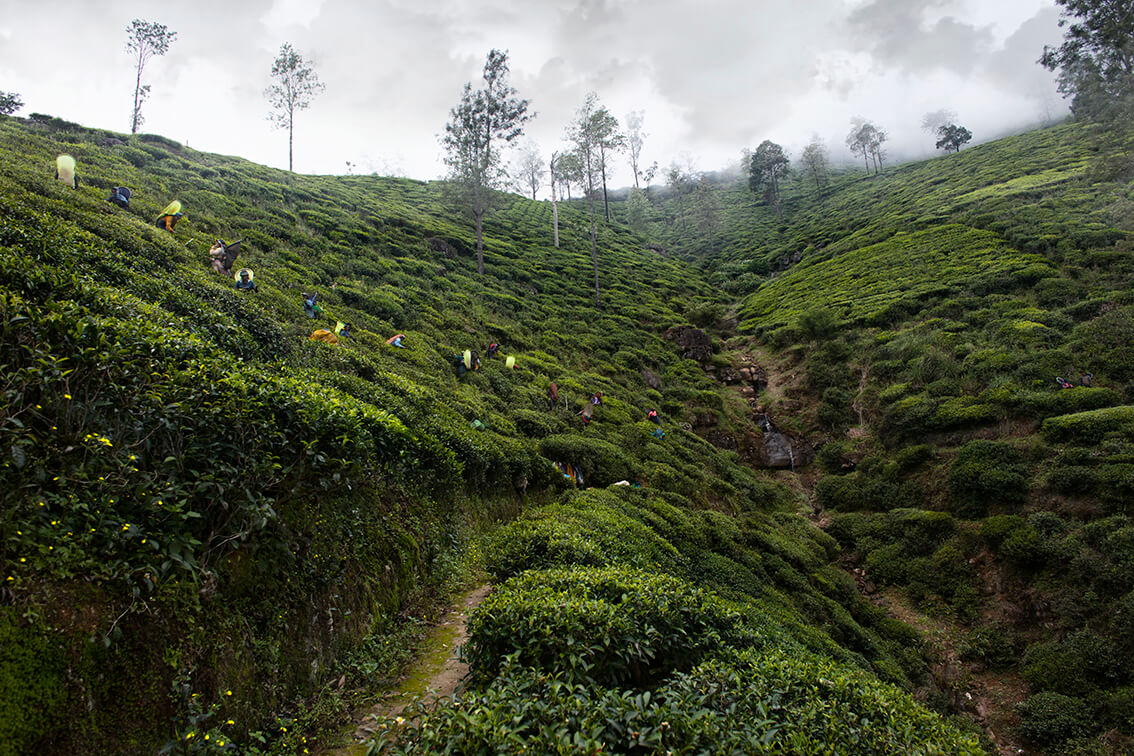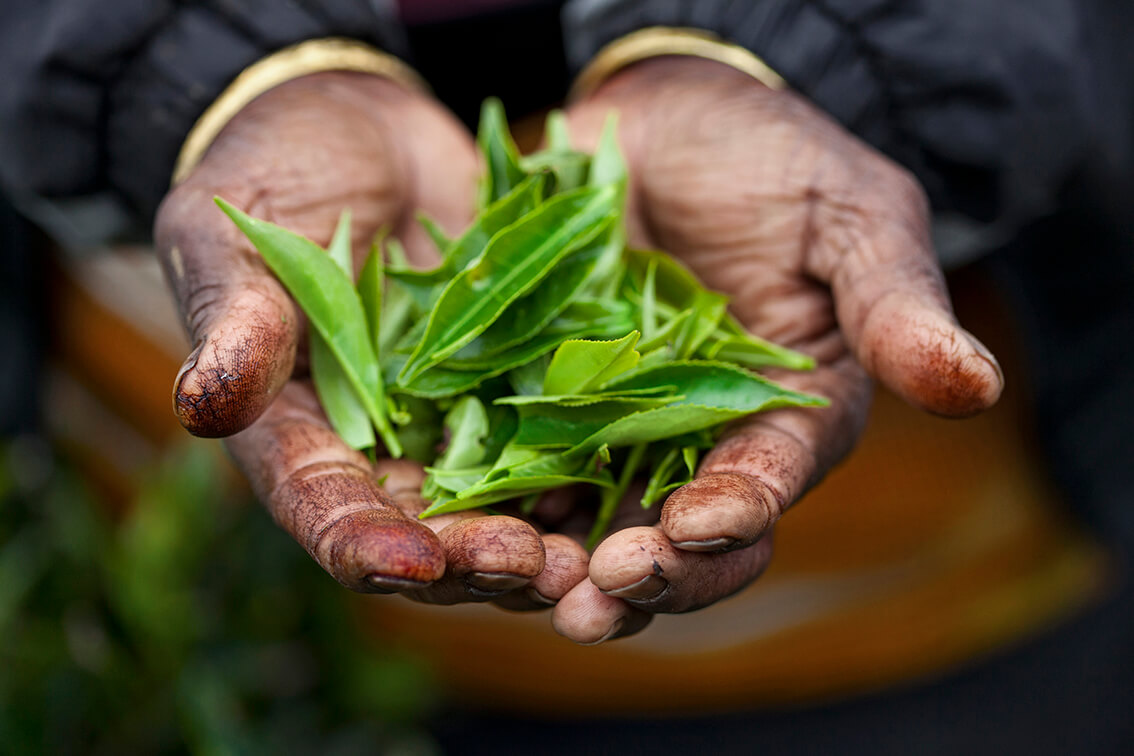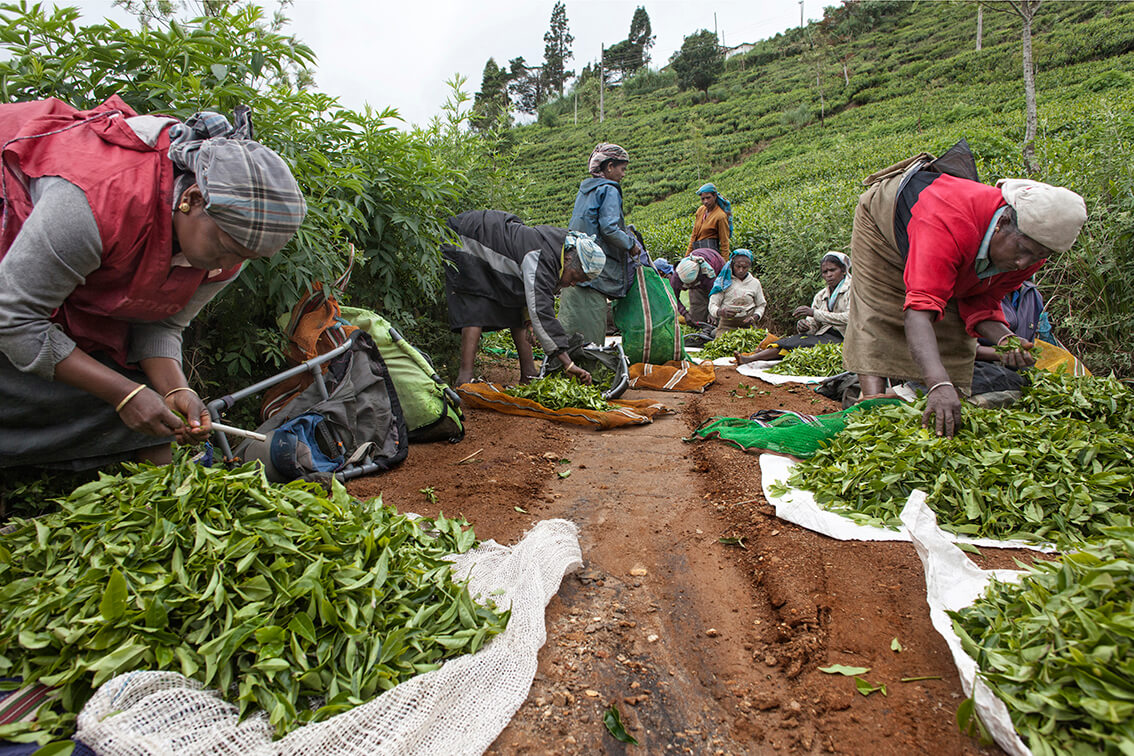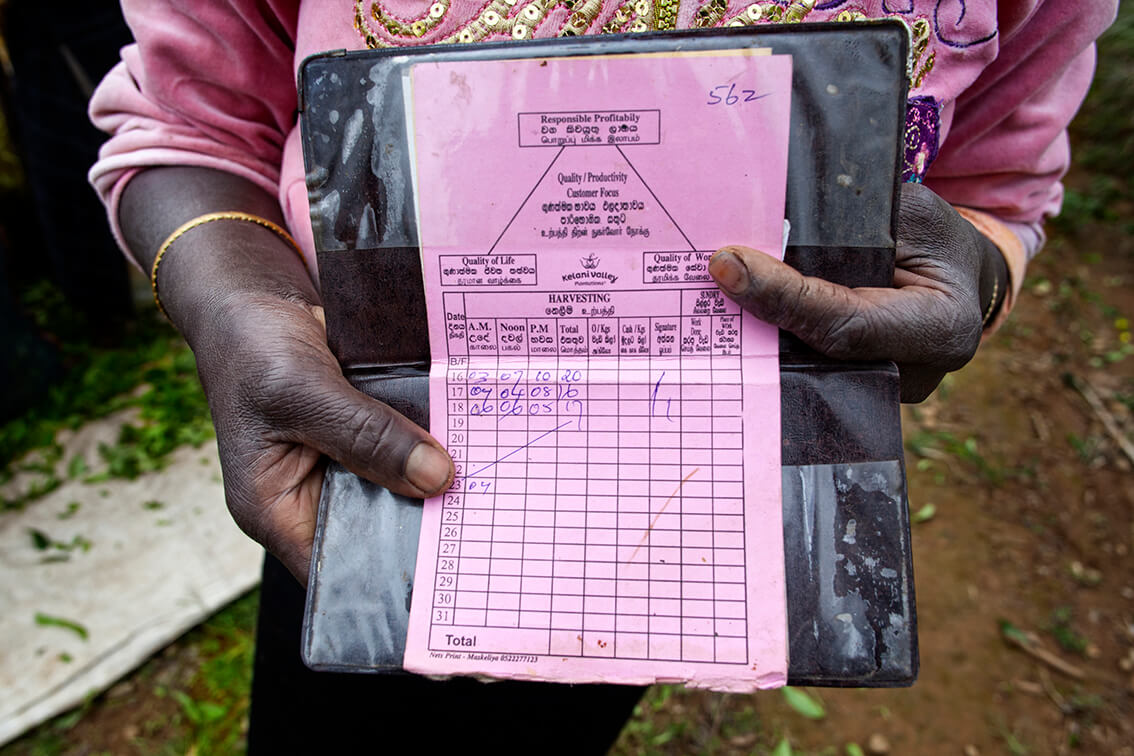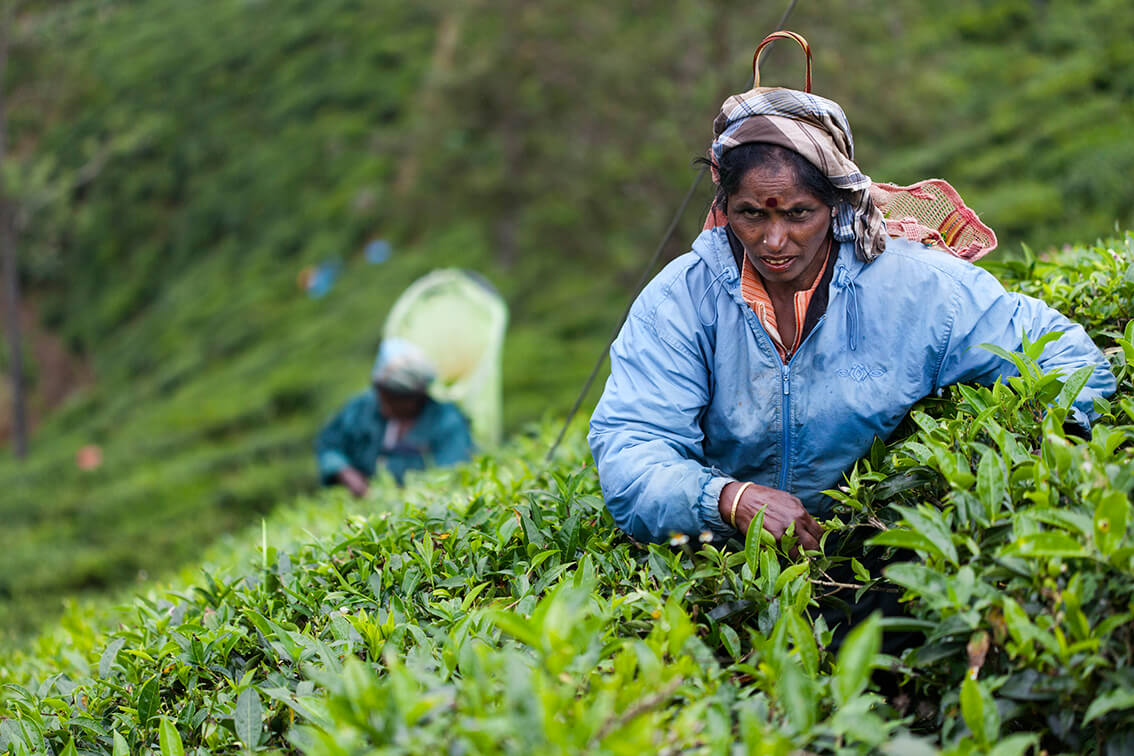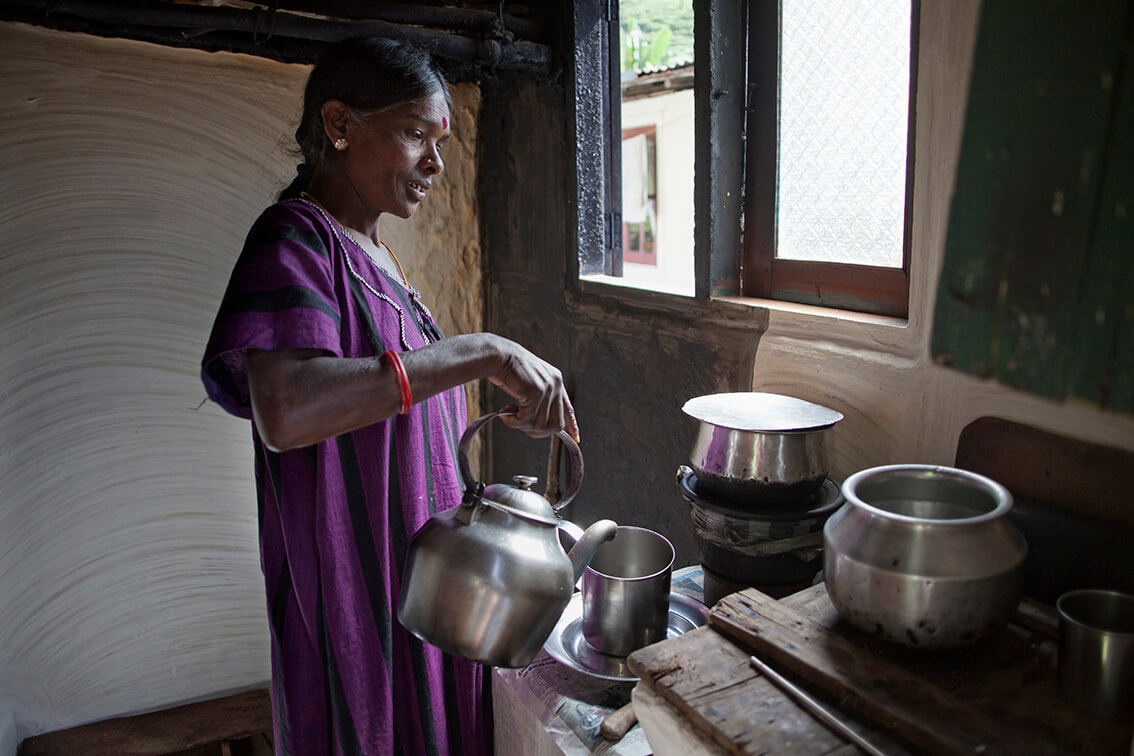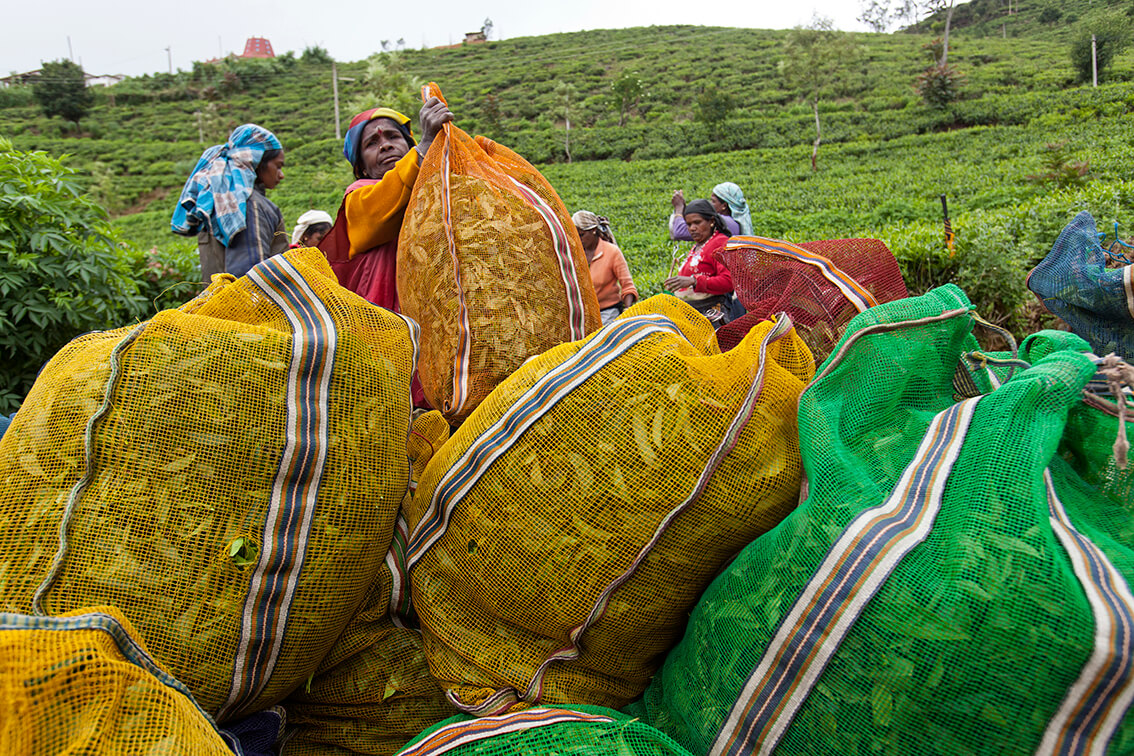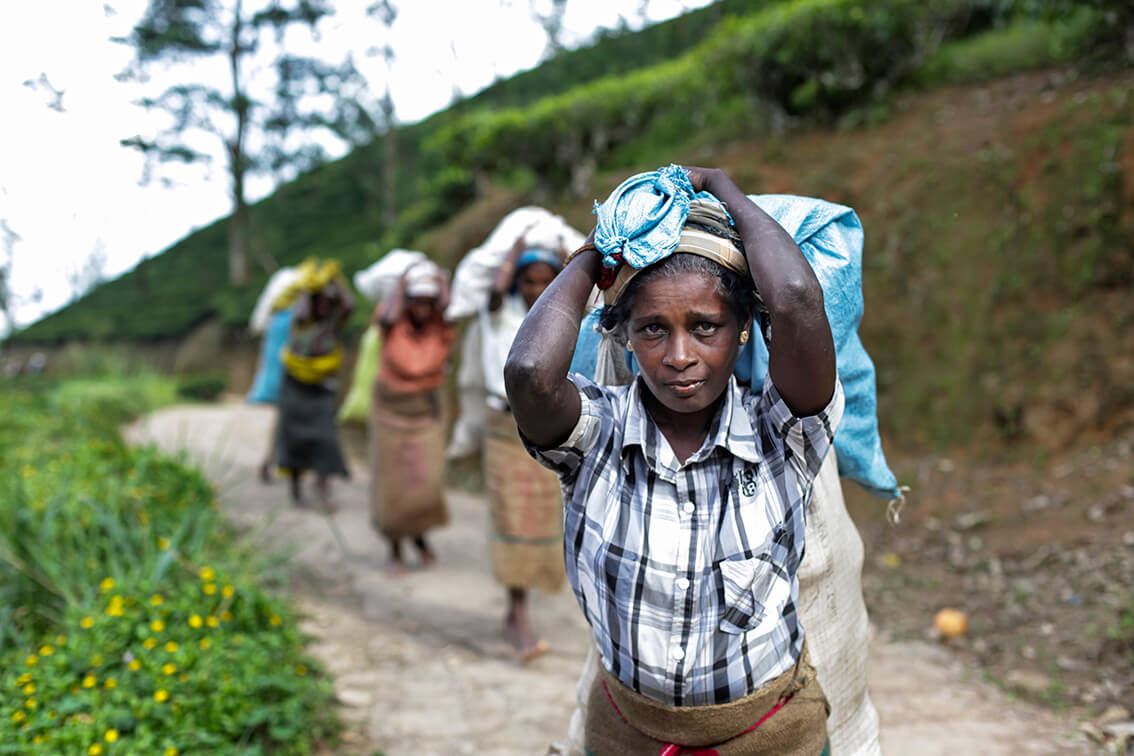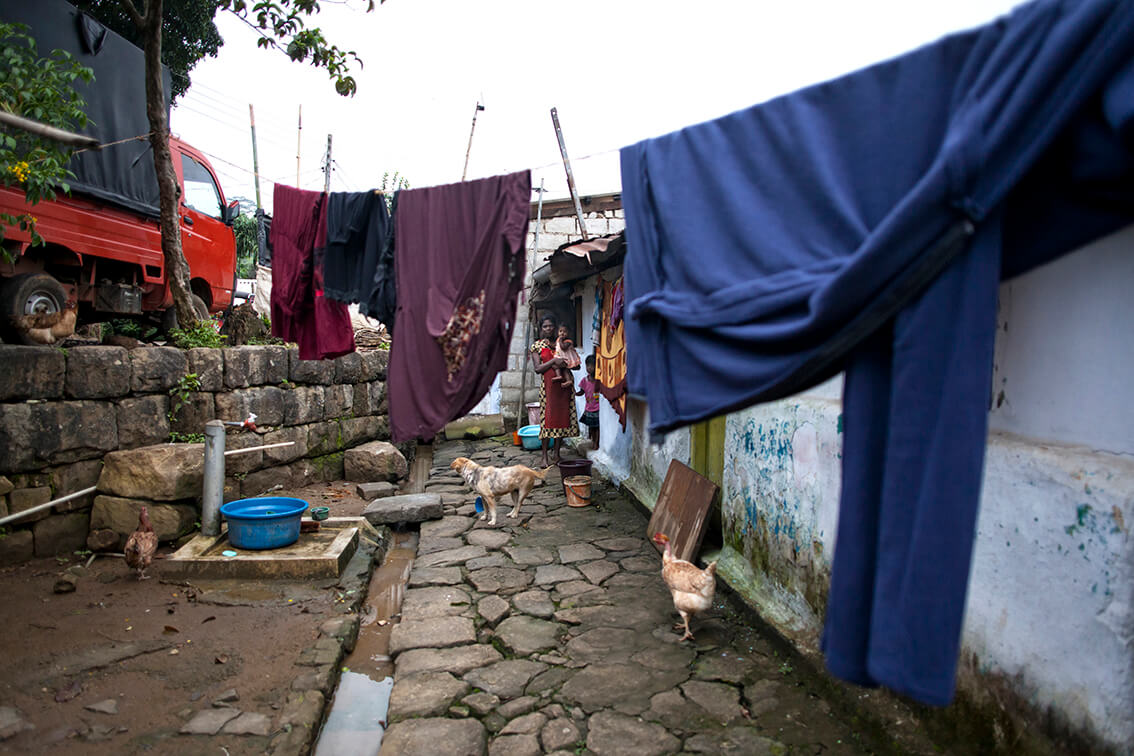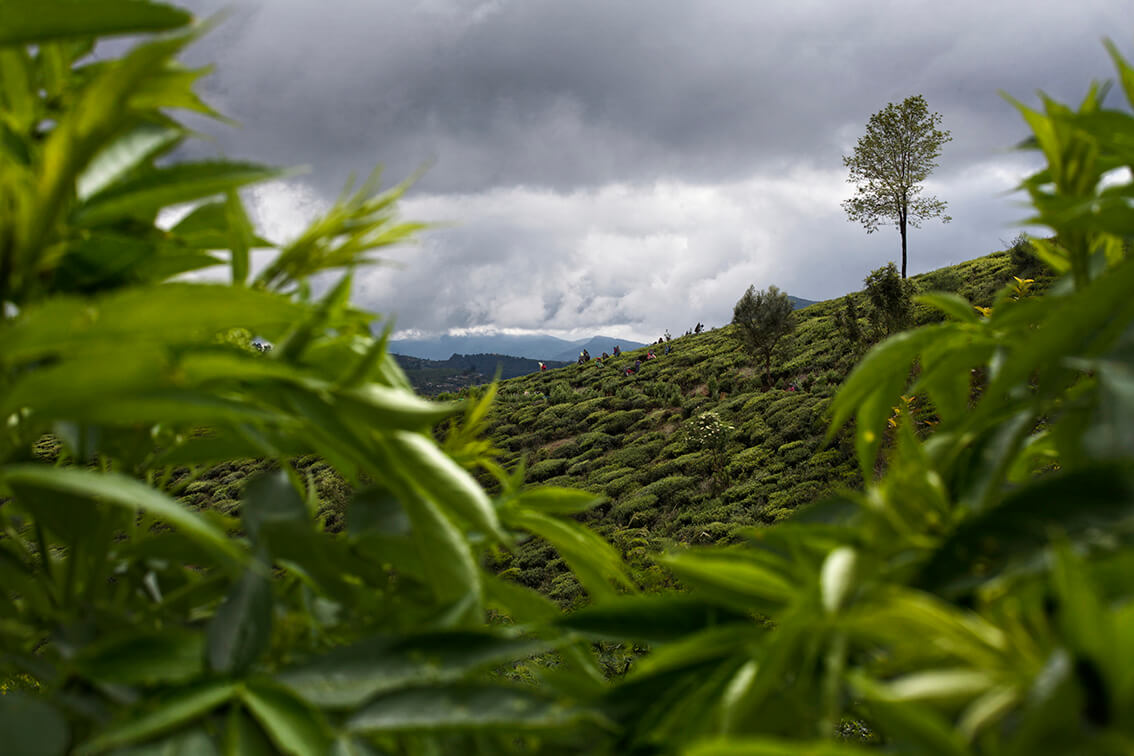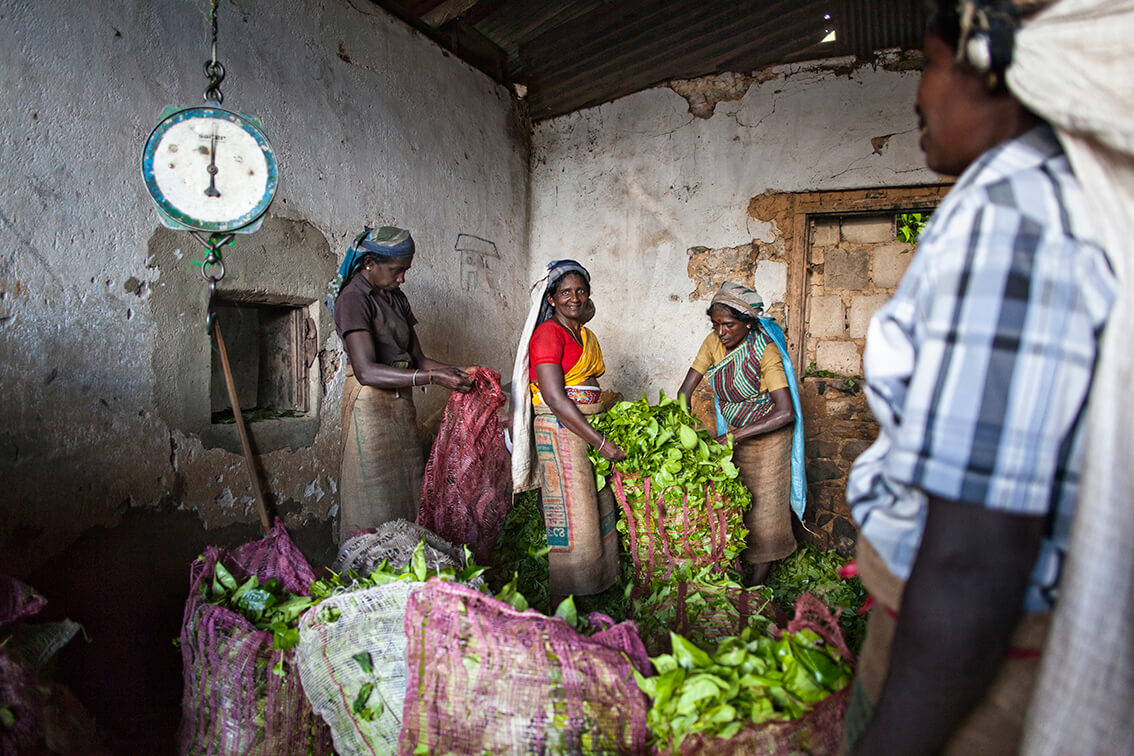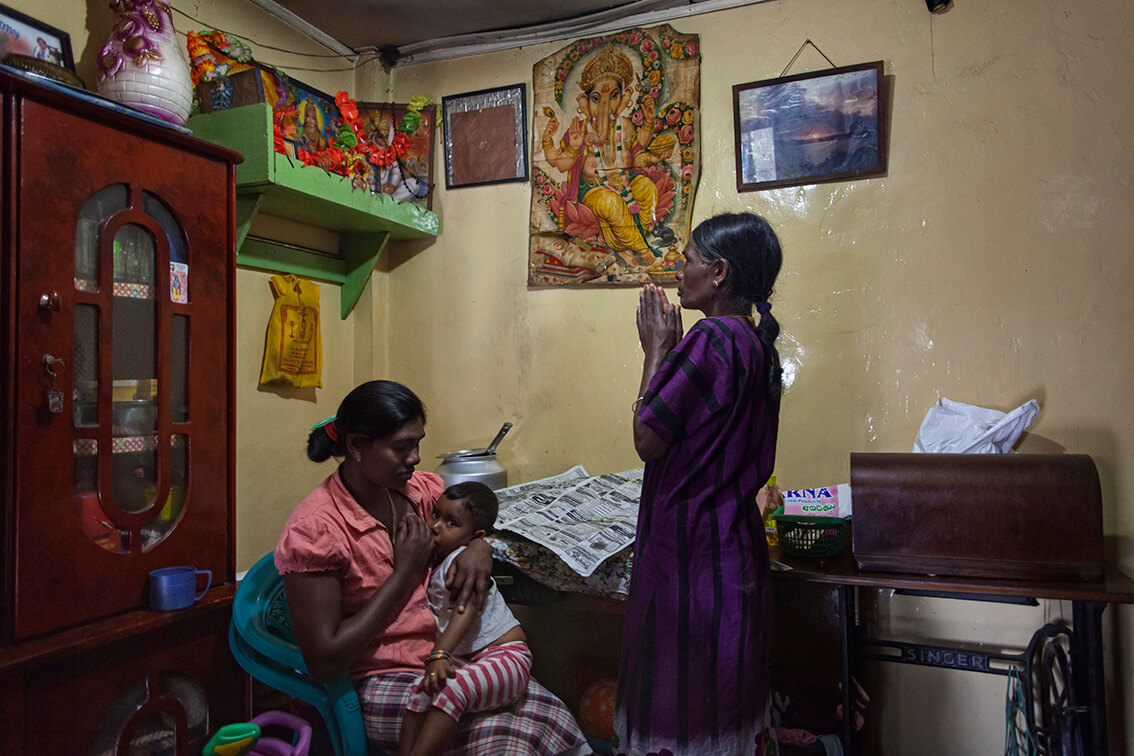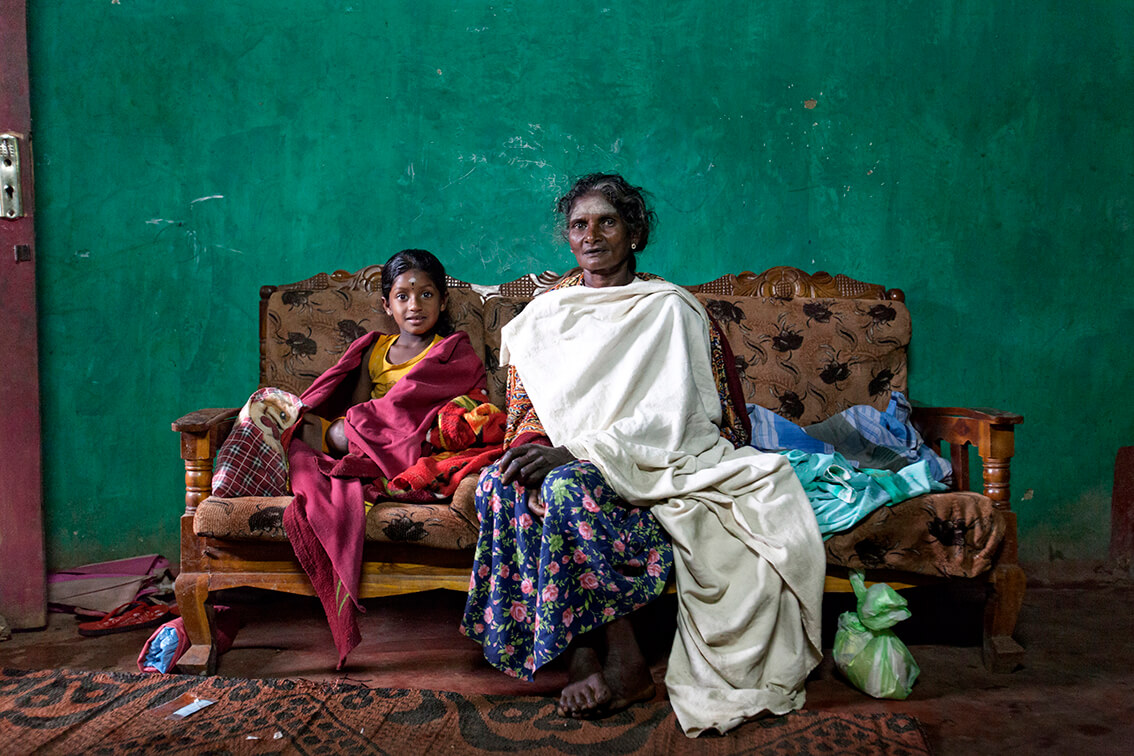Le madri del Ceylon
This project was created in collaboration with the photographer Flavia Cortonicchi, colleague, friend and travel companion.
We traveled through the “tear of India” with the aim of photographing women working in tea plantations, once the basis of Sri Lanka’s economy, which is still an important element today. What really made us travel to that part of Asia is the search for what unites us as women and as photographers: the interest in meeting other women of different cultures.
So, like we had done many other times, we filled our backpacks with photographic equipment and many hours of study and research. Like all the other times what we found took us by surprise. In Sri Lanka, the job of collecting tea leaves is entrusted exclusively to women, mainly of Tamil ethnicity, who live in villages close to the plantations, inhabited by their mothers, who were harvesters, and their daughters, who will be harvesters.
Working hours are very long, from sunrise until dark. There are no breaks even for lunch, safety conditions are non-existent, and wages are very low. Yet these women do not seem to suffer too much from this condition as they seem to enjoy living in their own villages, although in disastrous hygienic conditions. They have maintained their language and preserved their ethnic-religious culture. Cultural differences were the first obstacle we had to face, as Tamils speak neither English nor Sinhalese. Thus, we have tried to follow the gathering women on working days and in their villages, trying to communicate with them and explain our intent. After the first few days of distrust, we managed to establish relationships communicating in a language with no alphabet, which we like to call everything “feminine”.
The result of this experience is “The mothers of Ceylon”, a project we like to think of as realized not only by two photographers, but with the help and collaboration of an all community of women, the Tamil harvesters.
